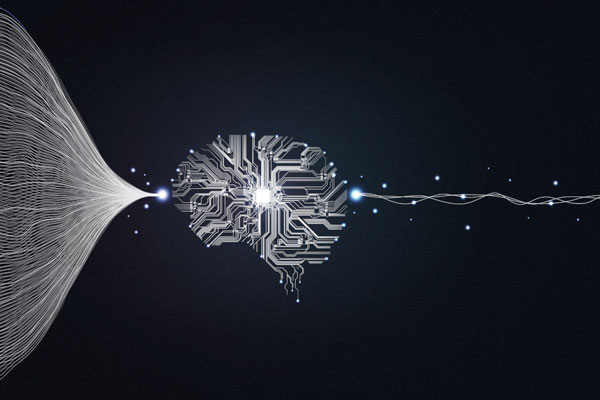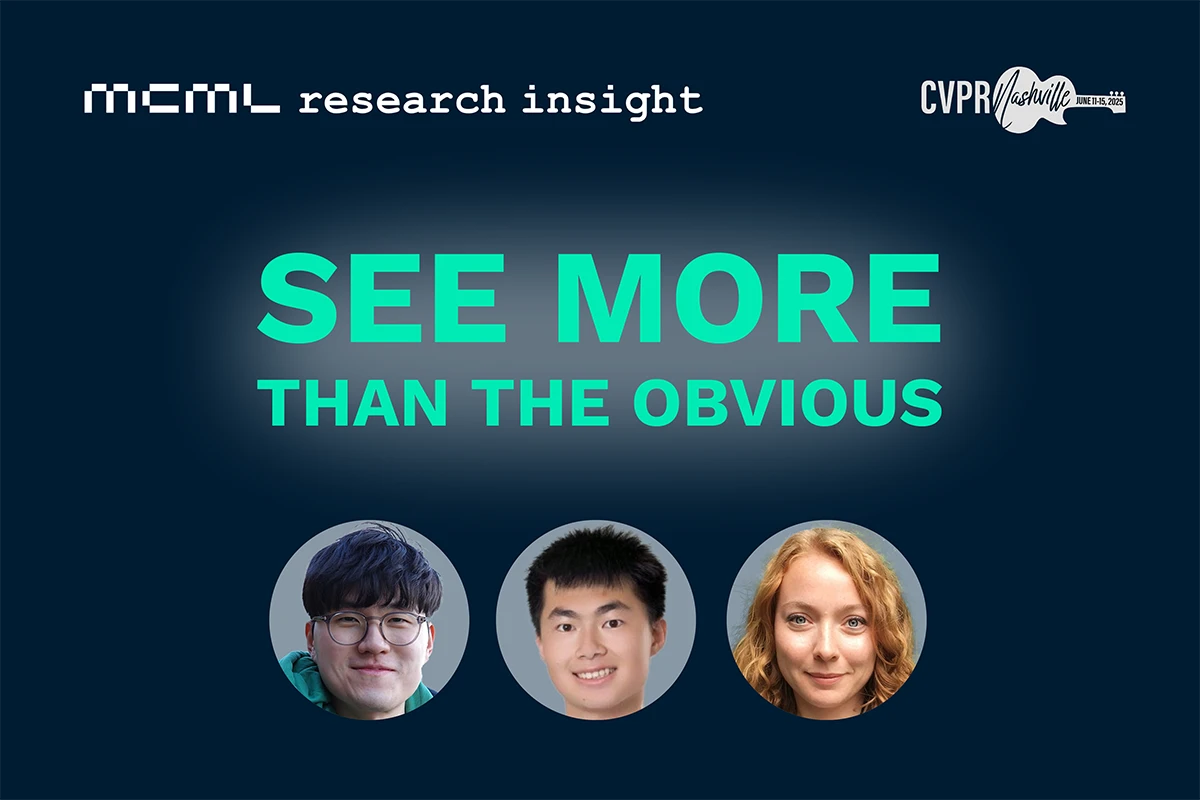18.11.2024

©LMU
Several MCML PIs Receive BMBF Funding
Funding of Two New Joint Projects
The BMBF is funding two new joint projects with several MCML researchers involved. One teaches AI models causal relationships, the other refines the tactile abilities of robots.
CausalNet: AI that Understands Cause and Effect
The CausalNet project aims to advance machine learning (ML) by integrating causal reasoning, moving beyond current models that rely solely on correlations. This approach promises greater reliability and performance, particularly in fields like medicine, where understanding cause-and-effect relationships could enable targeted therapies.
Funded with nearly €2 million by the German Federal Ministry of Education and Research (BMBF), CausalNet will develop novel methods for embedding causality into ML, working with experts from LMU, TUM, KIT, Helmholtz AI, and Economic AI GmbH – including MCML PIs Stefan Feuerriegel (spokesperson of the project), Stefan Bauer, and Niki Kilbertus. The project will tackle challenges in high-dimensional environments using tools from representation learning, statistical efficiency, and specialized ML paradigms, with a focus on open-source outputs.
GeniusRobot: Enhancing Robotic Vision and Grasping with AI
The other project focuses on improving robotic manipulation using generative AI. MCML PIs Gitta Kutyniok and Björn Ommer are developing interpretable AI models that predict tactile information from visual data, enabling robots to dynamically adapt their grip.
The project leverages multimodal AI to integrate and interpret sensory inputs, enhancing robotic flexibility and resilience. It also explores converting tactile data back into visualizations, aiding manipulation of partially visible objects. The research aims to unlock new use cases in automated manufacturing and human-machine interaction, prioritizing safety and interpretability in critical environments.
Congrats to everyone involved!
Related

24.02.2026
Cosmology: Measuring the Expansion of the Universe With Cosmic Fireworks
Daniel Gruen leads LMU’s campaign on rare SN Winny to refine the Hubble constant and address the Hubble tension in cosmology.

19.02.2026
COSMOS – Teaching Vision-Language Models to Look Beyond the Obvious
Presented at CVPR 2025, COSMOS shows how smarter training helps VLMs learn from details and context, improving AI understanding without larger models.

05.02.2026
Daniel Rückert and Fabian Theis Awarded Google.org AI for Science Grant
Daniel Rueckert and Fabian Theis receive Google.org AI funding to develop multiscale AI models for biomedical disease simulation.

